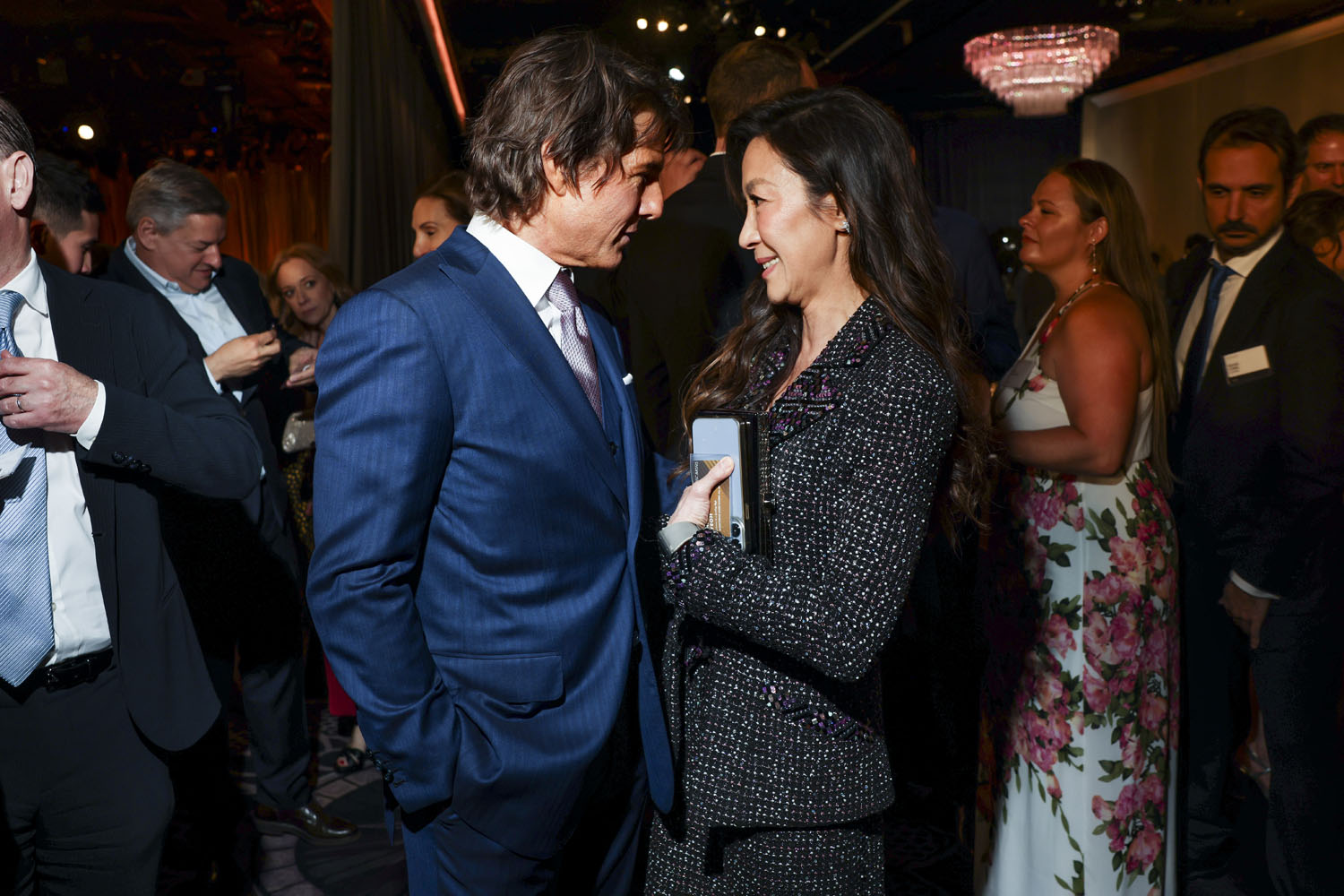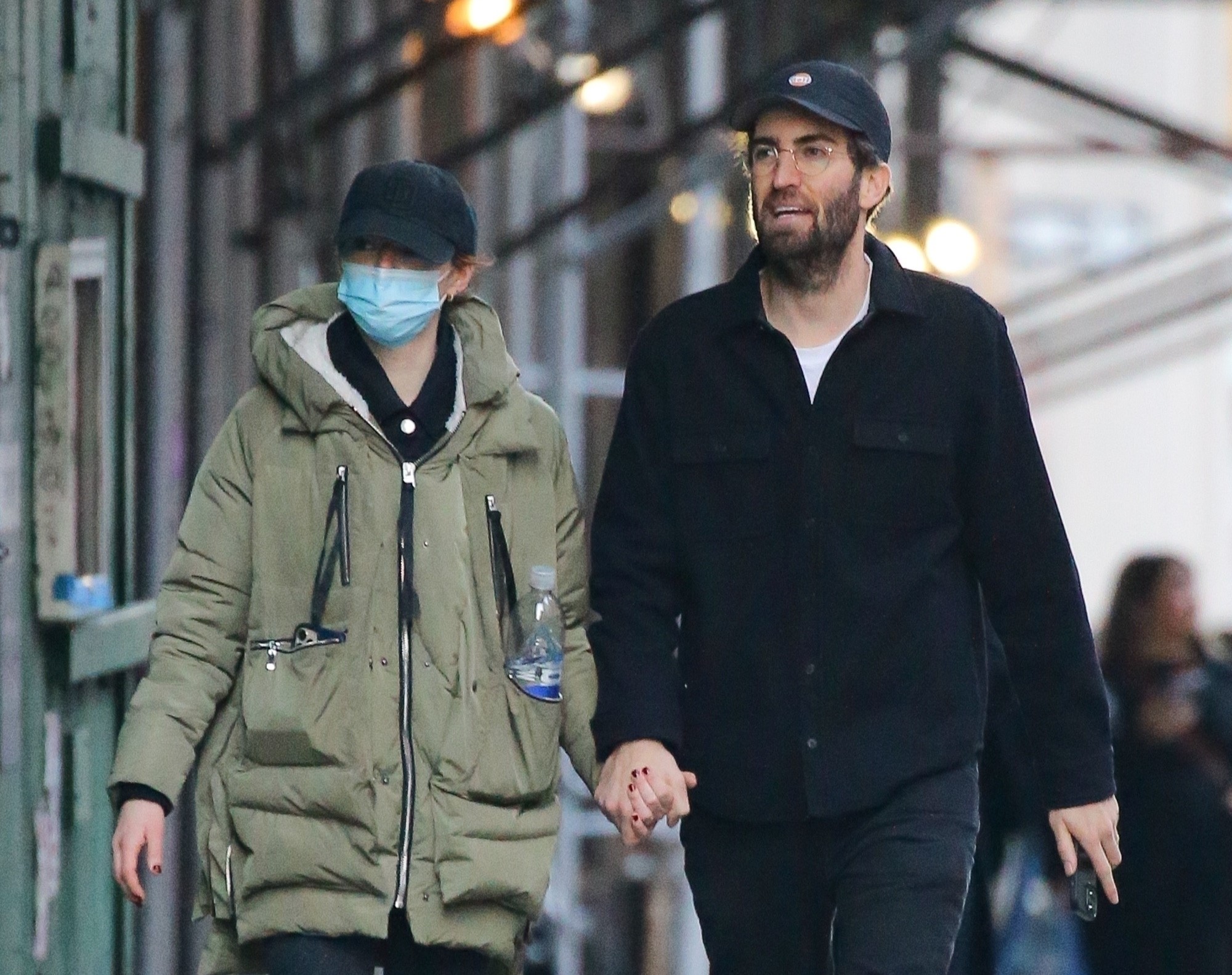Black country’s moment (at last)



This week, after spending 40 years singing, songwriting and trailblazing, Frankie Staton made her debut performance at the Grand Ole Opry. If the name doesn’t sound familiar, don’t feel bad. For a long time, one of the main functions of country music has been to ensure Black talent and awareness about Black talent is kept at bay. But the tide is changing.
Frankie is a country music pioneer. She moved to Nashville in 1981 after watching the Loretta Lynn biopic, Coal Miner’s Daughter. But she knew that being a Black woman - in life and in the industry - would mean dealing with racism at every step of her journey. In an interview with Billboard, she recalled making her way to one of the first performances of her career. She was stopped by a cop who asked her where she was going – even following her to the venue to ensure her story checked out. Despite being one of the first to sign up, she had to wait until the wee hours of the morning to finally perform.
“I knew when they wouldn’t let me up there, this would be a defining moment of my life,” Staton told the outlet. “You don’t run from this. There are times in your life where you have to stay and fight for what you want. Things that have come normally to other people, Black people have had to bend over backwards to get the opportunity. I knew if I left, they would never know the potential I had. I said, ‘I don’t care if I have to stay here all night long, I’m not leaving.’”
She would spend the next 15 years or so writing songs and performing in cafes. But when she read an article in which a record executive said he was unable to find Black country artists, she felt compelled to highlight some of the Black talent she knew lived in Music City.
In 1997, at Nashville’s famous Blue Bird Music Café, she launched the first country music talent show for Black artists. Soon, there were more artists than Frankie knew what to do with. So she began offering mentorship and support for Black country creatives before finally going on to launch the Black Country Music Association.
Frankie’s story was highlighted in the 2022 Amazon Music documentary, For Love & Country, one that inspired me and broke my heart simultaneously. It told the story of country music through the lens of the genre’s Black artists. The documentary highlighted interesting and relatively unknown facts about country music’s ties to Blackness. The fiddle and the banjo, two instruments with heavy ties to country, were brought to America during the trans-Atlantic slave trade. Not only did white colonizers pluck Africans from their homelands, but they cherry-picked different aspects of the culture they wanted to bring to America.
The film featured stars like Mickey Guyton, who became the first solo Black woman nominated for a Grammy in a country category in 2021. Despite making history, she revealed not feeling as comfortable as she’d like to in the genre.
“I don’t always feel like I have a home, but I’m creating a home and I hope I’m creating a space for other people of color and Black people to feel like they have a home in this genre,” Guyton said to on camera.
Raymond Roker, the Amazon Music Global Head of Editorial says the documentary came together as a response to conversations and trends within country music. Ghanaian-American filmmaker and director Joshua Kissi, who worked on Beyonce’s Black Is King, was brought on as the director.
“The goal of For Love & Country is to amplify the personal stories of a new generation of Black artists claiming space in Nashville — and helping to transform the genre in the process,” Roker told Forbes. “All of these amazing artists are seeking to change country music’s long-held identity as music by and for white audiences.
Last year, I wrote about the segregation in country music, particularly when it comes to the genre’s chilly reception of artists like Lil Nas X, who sits at the intersection of two of the most frowned-upon groups in country music – Black and LGBTQ+. In that same article, I referenced a 2019 Washington Post article that focused on the racial segregation, specifically. Four years later, and during Black History Month of course, it’s a better time than any to ask whether the needle has moved.
Recently, TheShadeRoom shared a carousel of Black country artists taking the genre by storm.
Country star Reyna Roberts wrote, “Thank you so much for this!! I appreciate y’all showing us love and support! I’m HYPED about this!”
Country heavyweight BRELAND, who, alongside Reyna, appeared in For Love & Country wrote, “Made it to the Shaderoom! Thanks for supporting Black people in spaces WE CREATED!”
Jimmie Allen said, “Thanks so much for the support. Means a lot. This road isn’t easy, but IT IS WORTH IT! All of us are creating paths for other Black artists like Charley Pride, Darius Rucker, Rissi Palmer and others did for us.”
Despite TheShadeRoom typically being the place to go for comment section beef and Real Housewives content, on this particular post, it was a place where so many people echoed the same sentiments I felt watching the documentary – inspired and broken-hearted, simultaneously.
It was inspiring because there was this beautiful homecoming. In every clip, Black women and men sang their hearts out, and received recognition and praise for it. Country has always been a soulful genre, and no one does soul quite like Black people. It’s a point made in the documentary by Shy Carter, a bi-racial country artist who channeled the pain of discrimination in his music.
“I wish there were more people of color to sing the songs I was writing,” he said. “There’s a different way that soul comes out. The experiences of being Black in America, that puts something in your soul deep down to where you sing the song a little different.”
So seeing all of these artists in their element, coupled with an audience thrilled by and in full support of their successes, brought a lot of joy.
But then there was the heartbreak. The heartbreak of knowing that Frankie Staton was followed that day. The heartbreak of knowing that Mickey Guyton has been around for years and still hasn’t received the recognition she deserves. The heartbreak of knowing that when I put on the country station in my car, as I often do, it’s not the music of artists like Brittney Spencer I’m hearing. It’s not the voice of people like Valerie June, Allison Russell, Blanco Brown or Amethyst Kiah coming through the speakers. And it’s not because they don’t sound the part. It’s because they don’t look it. And most people in the comment section seemed unified in their knowing of that.
In 2019, I took a trip to Nashville with my sister. Going there was a bucket list item for me. I was in this place that I loved with the music I loved listening to, but no one looked like me there. It was everything I wanted it to be and nothing I had hoped for at the same time. I remember telling our Uber driver we were going to Broadway Avenue, and he said, “Don’t expect to see any Black talent there,” suggesting a local jazz bar instead, to see Black musicians. I didn’t want jazz. I wanted country.
Being Black and having a love for country, whether as an artist or a listener, is a polarizing experience. It is loving something that doesn’t love you back. It is heartbreak that happens to sound good. Damn good. It is constantly having to renegotiate your love and admiration for something and talk yourself into believing that it’s okay to love it and listen to it. And this is why the emergence of Black talent in country is important. We are reclaiming what was ours to begin with, as we’ve had to with so many other things.
In the same way that colonizers cherry-picked the aspects of Black culture they wanted to bring back to America with them, Black culture continues to be cherry-picked now. Beyoncé is the most decorated artist when it comes to Grammys, but she has never won the Album of the Year award. And despite the song overflowing with good old, classic country, “Daddy Lessons” was rejected for nominations in the country genre. And when “Old Town Road” took the world by storm in 2019, Billboard removed it from the Hot Country Songs chart, inspiring the remix which featured Billy Ray Cyrus.
Jimmie Allen mentioned Charlie Pride when he expressed his thanks to TheShadeRoom for highlighting his music. Before his death in 2020, Charlie received the Willie Nelson Lifetime Achievement Award. But if 2020 wasn’t the year of racial reckoning that it was, would he still have received that recognition? Would Frankie still have made her debut at the Grand Ole Opry, decades after earning her keep in the genre?
Because of stars like the names mentioned above, I now get to enjoy country without the emotional, ethical and identity hangover that comes from being so deeply in love with a genre that has historically been very anti-Black, very anti-LGBTQ+, very anti-me. But mostly, I get to enjoy country because of stars like Frankie Staton, who really only set her sights on making sure Black people got the chance to make country music. But in the process, saw to it that Black people got to enjoy it, too.

